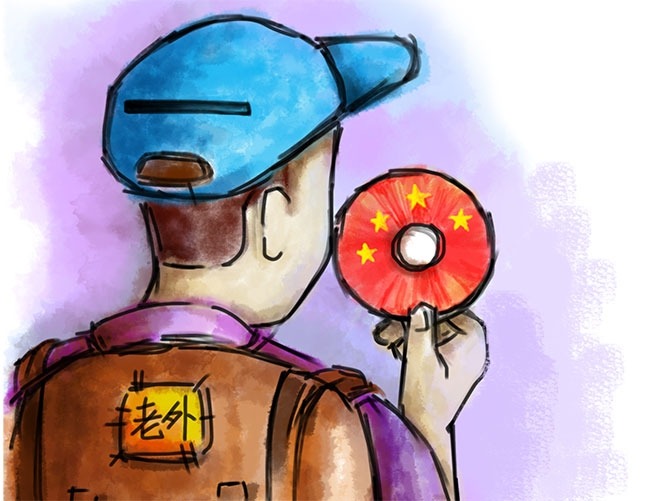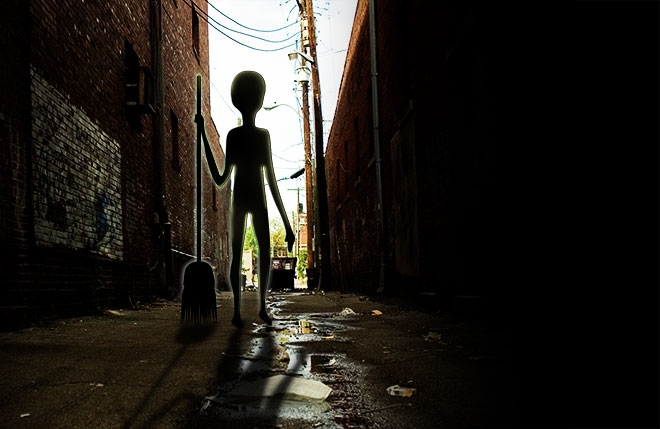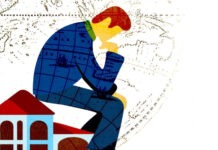Without empathy, we would be robots, merely existing without the ability to connect. Sure, parents would still take care of their children and we would go on with our day-to-day lives, but there would never again be a shoulder to cry on, a free hug or a helping hand.
Although many would agree that Chinese people are, on the whole, very friendly and polite, it is easy to think that there is a lack of day-to-day empathy. When someone bumps into another person, it may be unrealistic to expect an apology, due to the sheer size of the population. In more serious instances, a Chinese person may turn a blind eye when somebody is hurt or in need of help.
Does this theory ring true and if so, why?
Vicky Chen is a local Nanjing actress. When The Nanjinger asked about China’s apparent lack of public empathy, Vicky referred to the Peng Yu case that happened in Nanjing in 2006, also referenced in our article, “A Walk in Their Shoes; China and the World’s Empathy Paradox”. Xu Shoulan, an elderly lady, fell as she she was getting off the city bus. During her fall, she broke her femur. A man named Peng Yu assisted Xu to the local hospital. When Xu learned that she would need surgery for her broken femur, she accused Peng of being the cause of her fall. The case went to court where Peng was found to be liable and had to pay damages.
“Unfortunately this is not the first or last case in which the ‘good guys’ are framed. It is difficult to simply bask in the joy of doing something nice for others around here. We always need to worry about what the consequences will be”, Vicky said.
Over on the expat side, Jessica Travis is British and has been living in Nanjing for over 10 years. During her time in Nanjing, Travis was hit by a taxi, whereby she rolled onto the bonnet, got thrown into the air and landed on the ground. Instead of offering to call the police or an ambulance, the taxi driver suggested to take her to the hospital himself. Fearing his driving skills, Travis refused to get into his car. Instead, the taxi driver gave her ¥200 and drove off.
Could this apparent lack of empathy in China be a result of how the Chinese view money? As these questions kept surfacing, The Nanjinger researched an interesting development that came in the form of a paper written by Dr. Stephen F. Myler. Originally from the UK, but living and working in China for 15 years, he currently resides in Shanghai where he treats patients with mental issues. His aforementioned paper looks at the situation where a single child who lives among six adults (mother, father, grandparents on both sides), experiences a world where any situation yields the answer, “yes”.
“When a child is constantly being told the word ‘yes’, this means that they don’t learn very much about what other people need ahead of themselves. In the West, we would view this as being spoiled. But that is not the Chinese way of looking at things. The parents and grandparents see the child as special; especially boys. Later on they have trouble understanding what people want, because they’ve only ever had to put their own needs first”, Dr. Myler told The Nanjinger.
The Doctor continued; when we grow up in larger families we tend to see examples of empathy all the time. We learn a lot about empathy through play, through disappointment, and by not getting what we want, as well as understanding that other people’s needs might have to come before our own. This includes our parents, brothers and sisters.
“[In China] when there is an accident or somebody falls off a bike, people look blankly on and wonder more about how it happened and if there is money involved, rather than whether or not the person got hurt. This is often because money in China has become the sense of purpose in a persons life. It isn’t what they do with the money, it’s simply what the money can do for them”, Dr. Myler explained.
It is important to keep in mind that different cultures view empathy in different ways, and not to make judgements. There will always be people who have more or less empathy than others, and so it remains that we should not generalise China as a whole. We also need keep in mind that Westerners tend to come with higher expectations with regards to empathy. As someone who was born and raised in the USA, I can speak from personal experience and say that Westerners tend to expect people to understand why they feel a certain way. But back to China, there is also Dr. Myler’s theory, that a lack of empathy, in this country particularly, could be due to the one-child policy. Since there is no scientific evidence to prove whether or not this theory is true, we can only view it on a case-by-case basis. However, if this theory does hold true, then it also holds true in every country outside of China and to any child that is born into a family as an “only child”.
We therefore should not hold the view of Chinese people as less empathetic; they are (again), merely different. Asian cultures, on the whole, are more modest in how they show empathy or affection. For many Chinese people, there is the modern day fear that if they help somebody who is hurt, they will be held financially liable. But one common theme that keeps coming up is money. In China it is relatively common to hear people say, “I do not worship a God, I worship money”. Money is a powerful tool, but one that has also created fear; a fear so powerful that many people turn their heads when others are in need of help.
The phrase “保护弱者” (baohu ruozhe) means “Protect the Weak”. The law is determined in a way to protect the weak and injured. But the question remains, is this set up really working? People are afraid to help each other for fear of being held liable, because in China, money is everything.







